Analyses
Politics
test promoted
Palestinian-Israeli conflict
Trump’s Plan: Second Phase Scenarios
Politics
Will the Shifting Orientations of Iraqi Voters Decide the Upcoming Elections?
Politics
The Syrian Situation Between Centralization and Decentralization Options
Palestinian-Israeli conflict
Will “Trump’s Plan” Succeed in Achieving a Ceasefire and Peace?
Filter by:
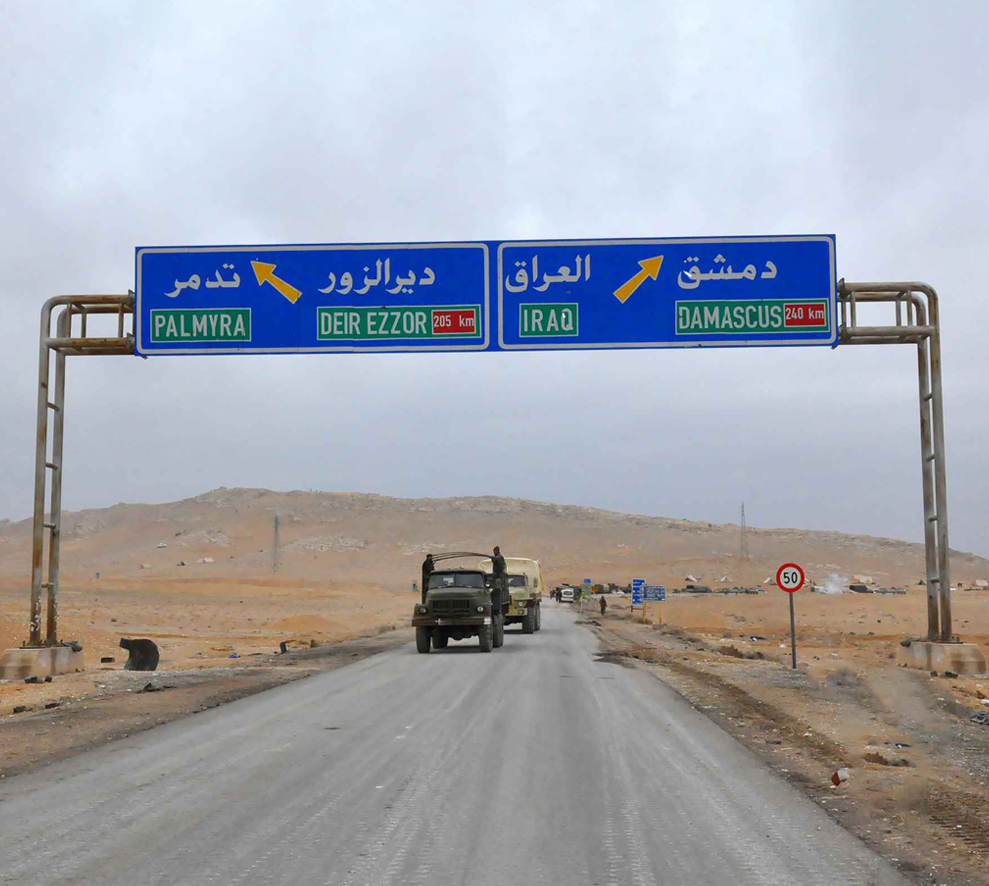
The Syrian-Iraqi Border: Reshaping the Geopolitical Space of the Middle East
The Syrian-Iraqi border is entering a new phase marked by strategic competition and sharp ideological divergence. Its significance now extends far beyond a simple bilateral boundary, turning it into a geopolitical flashpoint that may shape the region’s future landscape. Despite a period of relative calm, the stability along the border remains fragile and temporary, while the likelihood of tension or escalation—driven by domestic developments in both countries or by broader regional and international shifts—remains conspicuously high.
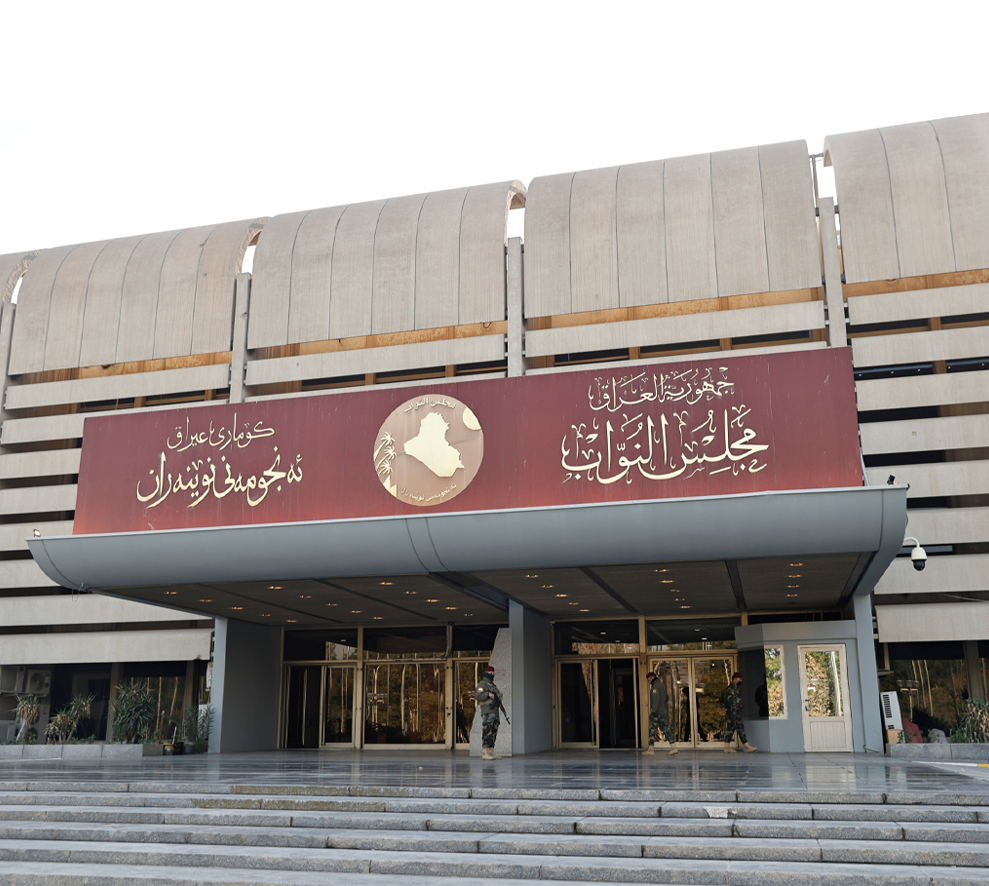
Will the Shifting Orientations of Iraqi Voters Decide the Upcoming Elections?
As the parliamentary elections draw near, electoral campaigns must be built upon the tangible progress already achieved and address the aspirations of an Iraqi society that has indeed changed—a society no longer willing to tolerate policies of denial or procrastination.
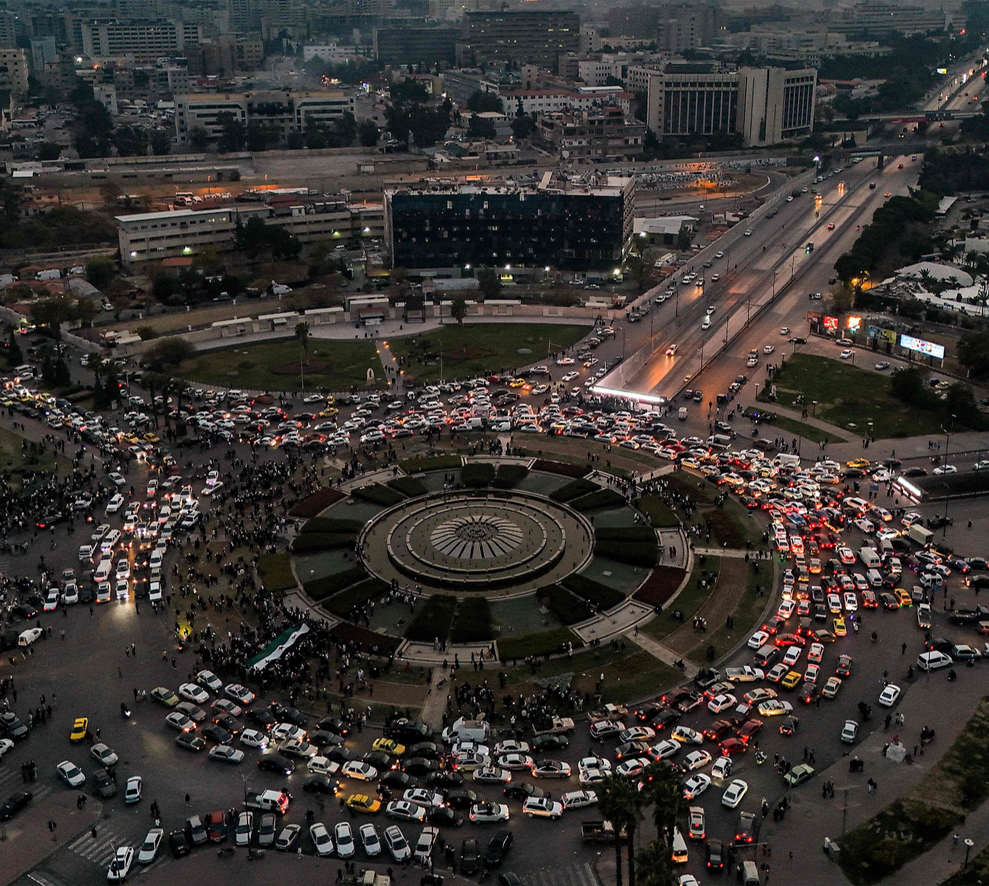
The Syrian Situation Between Centralization and Decentralization Options
The issue of centralization versus decentralization in Syria is a structural one that goes beyond intellectual debate, touching on the very essence of state reconstruction, the definition of national identity, and the form of governance. While centralization is viewed by some as a safeguard for the country’s unity, experience has shown that it has deepened marginalization and weakened political participation. Conversely, many political segments see decentralization as an entry point for comprehensive institutional reform; however, hastily adopting it could threaten stability and sovereignty, especially given the complexities of the Syrian reality.
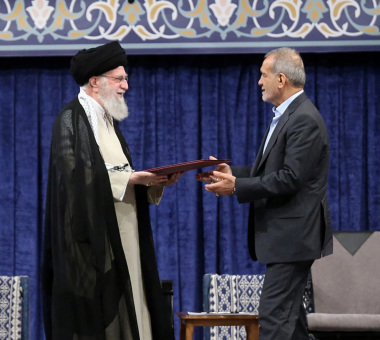
Will the Presidency of Masoud Pezeshkian Change Iran’s Domestic and Foreign Policies?
The Iranian president’s ability to implement new programs is limited considering the failed efforts of the three previous reformist presidents. None of them managed to bring about significant changes in Iran’s domestic and foreign policies. Moreover, it is likely that Pezeshkian agenda will face strong opposition from the conservatives who dominate the parliament and the Assembly of Experts after their victory in the March 2024 elections.
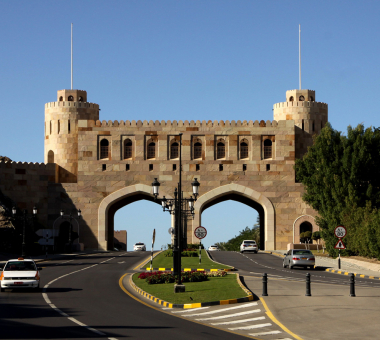
Wadi al-Kabir Attack: The Event Indicators and the Symbolism of Place
This position assessment addresses the terrorist attack on a mosque in the capital city of Muscat in the Wadi al-Kabir region, covering the implications related to the choice of location and its symbolism, the perpetrators’ identities, their motives, and the future repercussions of the attack.
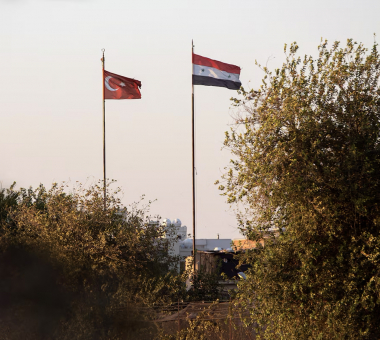
Turkey and Syria Inching Closer Toward Resuming Good Relations
Turkish-Syrian relations have entered a fresh phase of discussion initiatives, but the path of rapprochement between them is not new. Its manifestations have been apparent since 2022. But now the resumption of relations between the two counties has become a significant objective for Russia.
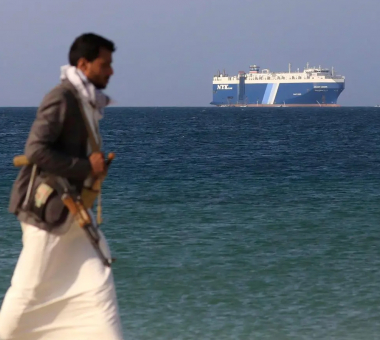
Houthi Escalation Amid Growing Iranian Interest in the Mediterranean
Iran is attempting to encourage its allies to increase their activity in the Eastern Mediterranean. However, Iranian perceptions of their ability to operate and exert influence in the region face several constraints and complexities. These include geographical factors, military capabilities, and the inability to control escalation and its repercussions.
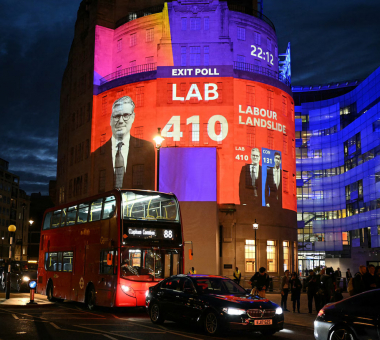
The European Landscape After the Rise of the Left in the UK and France
This paper addresses the result of the elections in France and the United Kingdom and how they will affect future elections in various European countries. It also examines the overall European politics toward the current files.
